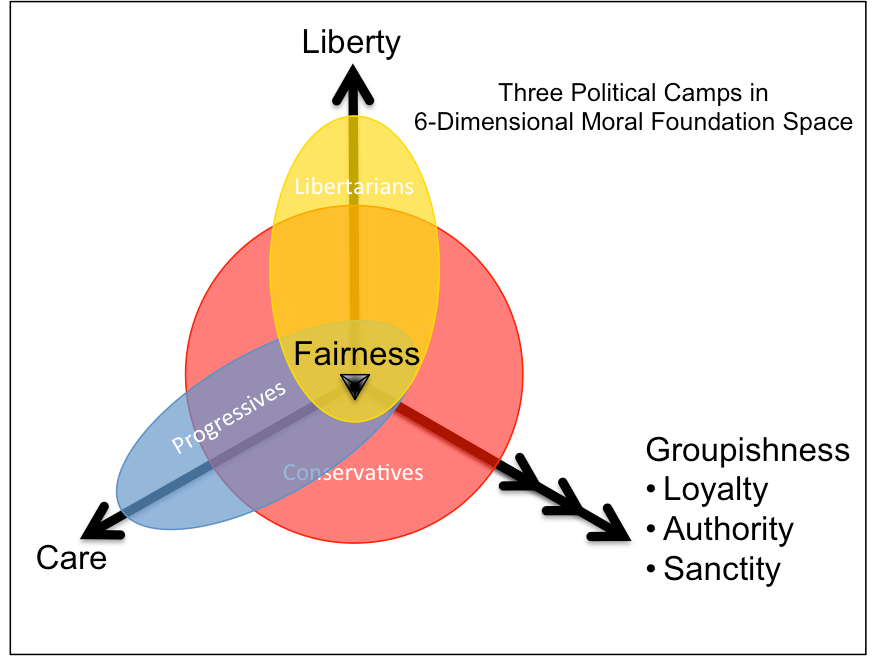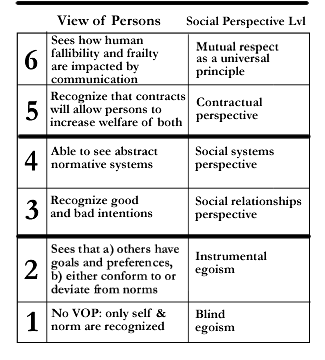I will try to explain.
For you to spot a diehard atheist, you make a check list of different positions and the more you get winged off the higher the probability that you have a diehard atheist. You make such a list based on your own observations and then check what you find other claim about what makes a diehard atheist so. It is a form of field observation, you observe the media, literature and so on. But more importantly the Internet.
So what would a checklist look like? I,e, what is behind the different positions you check for? E.g. epistemological realism, a strong belief in rationality/objectivity, that natural science/empiricism is the only source of knowledge, that (only) science makes for a better society, that relativism is wrong and so on.
Well, it has nothing to do with them being diehard atheists.
Rather it is this:
The certainty they hold, that their cultural and intellectual understanding of reality is the correct one in an universal sense. But that is not unique to them. That holds for all versions of understanding that turn into being diehard. It is the certainty of holding the correct position that marks all diehards for the following 3 categories: They know what the correct methodology for knowledge is, they know that reality really is and they know objective good.
So now we go wide and look at 2 theories of morality.
Moral Foundations Theory | moralfoundations.org
https://www.simplypsychology.org/kohlberg.html
Now a general note about the truth of these theories. They are neither true nor false as such in a strong sense. They are different ways of looking at morality and the more ways you used the more nuanced it gets. Not that this is objectively better, rather it changes how you understand morality.
So here it goes: Where does a diehard atheist fall within these 2 models and what do they have in common.
It is about the authority, the certainty with which they speak for all humans. They speak with fixed rules for how to understand good, truth and reality and it is about loyalty, authority and sanctity.
You are loyal to science as the only form of knowledge. Science is the only authority and the sanctity of a human is to be rational as them and only use science.
You catch them here and differentiate between the actual science and how they use science.
Science has limits: A few things that science does not do
As per the link above.
Yes, science can do morality.
No, aesthetics are meaningless, unless it is about the beauty in understanding reality through science.
Yes, science tells you know to use knowledge, because science is the only form of knowledge.
No, of course science tells you that there are no gods, because science has solved metaphysics and epistemology.
That is how you "catch" a diehard atheist. It has nothing to do with atheism as such, as they will point out. It is all about scientism and not actual science.
It is those 4 and if you get all 4 in a strong, certain way you "got" a diehard atheist.
A note about organized religion today. Because we in the part of the world where we all have access to the Internet, in-groups(psychology) can form on the Internet. Diehard atheists are not an organized, centralized, formal power structure. They are an informal group of humans, who share a certain paradigm. But it is not codified, legal or organized. It is the result of being on fora, like this one.
So are they religious?
religion | Definition & List of Religions
Yes, rationality and science are sacred and worthy of especial reverence..
Yes, they know what happens, when we die.
Yes, their religion is naturalistic and not supernatural, they "worhship" the world, they can see.
Yes, they have sacred texts or rather concepts from within the philosophy of science, philosophy and science. Empiricism; materialism/physicalism, theoretical physics and evolution are the main ones.
The last one about how they congregate and worship in groups is the results of culture and technology. We in this part of the world, liberal democracies with Internet mainly, have individuals, who form in-groups on the Internet. Their rituals center around confirming rationality and science in debates and discussions.
So if you look for religion versus non-religion in the traditional sense you "see" one thing. If you look for religion as a human behavior and not the part of being supernatural you can find religious atheists.
Here is a short joke about definition of words. In the Victorian Era atheism was defined as amoral. Not that atheism is amoral, rather the paradigm was that atheism is amoral.
So what is to a diehard atheist the definition of religion; - it is the belief in supernatural magic. What happens if you look closer? Religion is a cultural, psychological behavior in nature and as such natural. So is science BTW. It is a culture in time and not universal. There is no single of factor explanation of what neither religion nor science are.
Rather science is over time the combined human effort to explain and understand reality with as many factors as needed. Dogmatic religion, not religion as such, is to reduce reality down to as few True factors as possible and claim Objective Authority over all humans.
So:
How it is that? Because traditional religion is "tabu", it is irrational and irrational is the worst thing you can be. It makes you non-human and should be mocked, ridiculed and so on and "explained" away by using psychological defense mechanism.
It is, when it comes to sufficiently functional humans as per cognition/psychology, always in part as necessary but not sufficient nature/nurture/psychology/morality/aesthetics rolled into a "mess" of, what matters to a given individual?!!
The trick in understanding a given human as for their overall paradigm is to understand how and what reasons they give for what matters to them?!!
It is a method in humaniora, where you make a model of another human by figuring out what matters to that given individual.
So to "see" a diehard atheist, you see religion and non-religion as natural, cultural and so on and don't look for single factor
definitions. You look for "markers" of what you asked for. A paradigm.
With regards
PS - don't treat this as gospel. It is a limited relative view of a part of reality and has nothing to do with Truth and all that.



